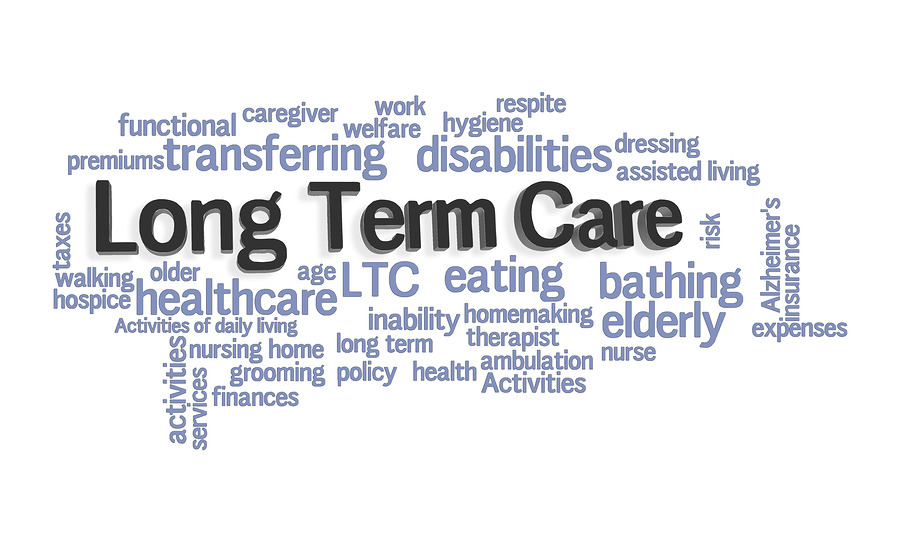Decoding the Fine Print: Does Your Supplemental Insurance Plan Cover Long-Term Care?

Are you confident that your supplemental insurance plan has got you covered when it comes to long-term care? Or are you still deciphering the fine print, trying to make sense of all the confusing terms and limitations?
Well, worry no more! In this comprehensive blog post, we’re delving deep into the intricate world of supplemental insurance plans to decide whether they truly provide adequate coverage for long-term care. So sit back, relax, and prepare to unravel the mysteries behind those elusive policy clauses – because financial peace of mind is just a few paragraphs away!
Table of Contents
What is Supplemental Insurance?
Supplemental insurance policies are designed to provide financial assistance in the event of serious illness or injury. However, many people don’t realize that supplemental insurance plans often don’t cover long-term care.
Supplemental insurance policies typically only cover short-term care needs, like rehab after an accident or surgery. If you need long-term care, you’ll need to purchase a separate policy specifically designed for long-term care.
Long-term care generally refers to custodial and residential services that are needed by individuals who are unable to live independently within their own homes. It can include things like daily personal care, nursing home facilities, and assisted living facilities.

Many people mistakenly believe that supplemental insurance policies will cover all of their expenses related to long-term care. However, this is not always the case. Supplemental insurance typically only covers the cost of providing medical services and housing assistance. It does not cover costs associated with food, transportation, or other daily living expenses.
If you’re uncertain whether your supplemental insurance plan will cover your expenses related to long-term care, it’s important to speak with an advisor at your respective insurance company. They can help you determine which type of coverage is best for you and make sure all of your bills are paid as they come in accordance with your policy provisions.
Types of Supplemental Insurance Plans
Supplemental insurance plans are important for many individuals, as they can help cover a wide array of potential costs. However, not all supplemental insurance plans cover long-term care, so it’s important to be sure before signing up.
Some supplemental insurance plans only cover short-term or inpatient care, while others may offer coverage for day-sharing services and residential care. Some plans also cover health services and equipment, which can make them a valuable resource if you need to access long-term care.
Before signing up for any supplemental insurance plan, it’s important to review the fine print. Many plans have exclusions that can leave you out in the cold if you need long-term care. It’s also important to understand the policy’s terms and conditions—many of which are rather opaque. If you have questions about your plan or coverage, be sure to ask your advisor or representative.
Coverage for Long Term Care
Long-term care is a costly and often required post-retirement status. According to the 2013 Alzheimer’s Association report, it will cost an average of $83,000 for a person to require long-term care during their lifetime.
However, not all people are able to access quality long-term care. According to the National Consumer Law Center, roughly one in four older adults who need long-term care but do not have private insurance will be unable to afford it.
There are a few types of supplemental insurance plans that may provide coverage for long-term care expenses. Some policies may cover only part of the cost of long term care needs, while others may offer full and complete coverage. It is important to read the fine print of your policy before signing up in order to ensure that you are fully covered.
What to Do if You Lack Coverage for Long Term Care?
Supplemental insurance plans usually do not provide long-term care (LTC) coverage. If you are facing a long-term care problem, you may need to consider purchasing LTC insurance on your own. In general, supplemental LTC plans only cover short-term care needs and do not typically pay for nursing or other long-term care services required by a person with Alzheimer’s disease, for example.
If you are facing an LTC crisis and cannot afford to buy LTC insurance on your own, there are several options available to you. You may be able to apply for government benefits like Medicaid or Medicare. You may also be able to find community-based programs that will offer help with paying for LTC.

Conclusion
As we all know, when it comes to our loved ones, there is nothing that we wouldn’t do in order to keep them safe and healthy. Unfortunately, this isn’t always possible; no matter how much we may want it to be.
That’s why having long-term care insurance is so important. Not only will it provide financial assistance for things such as nursing home expenses or in-home care, but it also offers a safety net should something happen which means your loved one can no longer live at home independently or safely.






